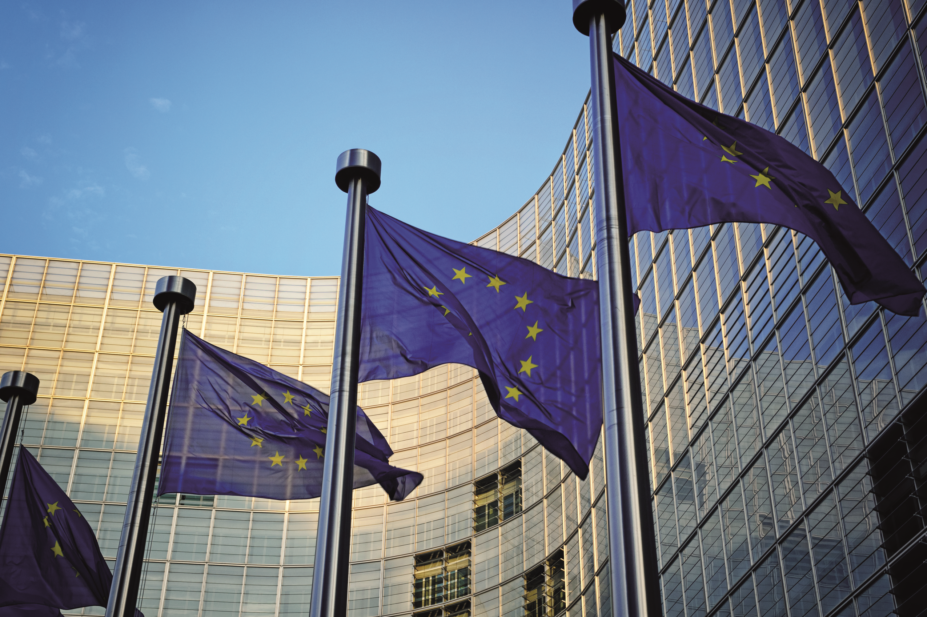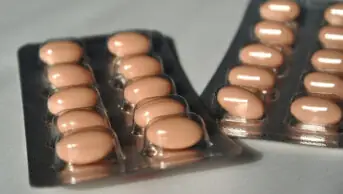
Shutterstock.com
The UK could see “an influx of counterfeit medicines” after the Falsified Medicines Directive (FMD) ceases to apply at the end of the Brexit transition period on 1 January 2021, the Royal Pharmaceutical Society (RPS) has said.
The FMD came into effect on 9 February 2019 in the UK, making use of mandatory safety features and an EU-wide database to prevent falsified medicines reaching patients.
However, if the UK leaves the EU without a deal, FMD will cease to apply, and the UK will have no access to the EU database — with the exception of Northern Ireland, where the directive will continue to apply.
In a statement published on 13 October 2020, the RPS said it had written to health and social care secretary Matt Hancock calling for “robust plans” to be put in place “to help authenticate the legitimacy of medicines that move between the EU and the UK”.
“We are concerned that removal of these safeguards could leave the UK vulnerable to an influx of counterfeit medicines, impacting on patient care in the UK and across the EU,” the statement said.
Sandra Gidley, president of the RPS, said the lack of government plans to prevent falsified or counterfeit medicines entering the UK after the transition period was “unacceptable”.
“In our letter to the government we have emphasised that establishing technical agreements with the EU is now more critical than ever in our fight against counterfeit medicines,” she said. “We have made it clear that the ideal way forward is for continuity of the provisions of the FMD, enabling ongoing connectivity between the UK and Europe.”
Gidley’s comments follow remarks made by Martin Sawer, executive director of the Healthcare Distribution Association, in June 2019, when he told MPs that “medicines in the UK, we believe, would be less safe” if the UK “unplugged” from the EU database.
A spokesperson for the National Pharmacy Association told The Pharmaceutical Journal that FMD “is a somewhat rigid approach to dealing with counterfeit medicines — for example, by insisting that authentication takes place as the medicine is supplied to the patient, rather than allowing the pharmacy the flexibility to scan at the most convenient point in the process”.
“In the interests of patient safety, we would want to see the continuation of an anti-counterfeit system; however, not necessarily governed by the rules of FMD,” they added.
The Medicines and Medical Devices Bill — which aims to introduce delegated powers allowing existing regulatory frameworks to be updated following Brexit — includes broad proposals for a UK-only scheme to combat falsified medicines.
However, Lord Clement-Jones described the current wording as “legislative creep” with regard to how data could be used, and said it “considerably broadens the original data-collection provisions of the Falsified Medicines Directive”.
The Pharmaceutical Journal has approached the Department of Health and Social Care for comment.


